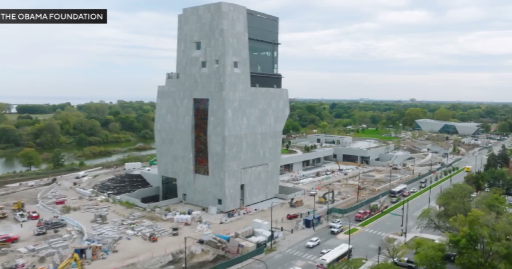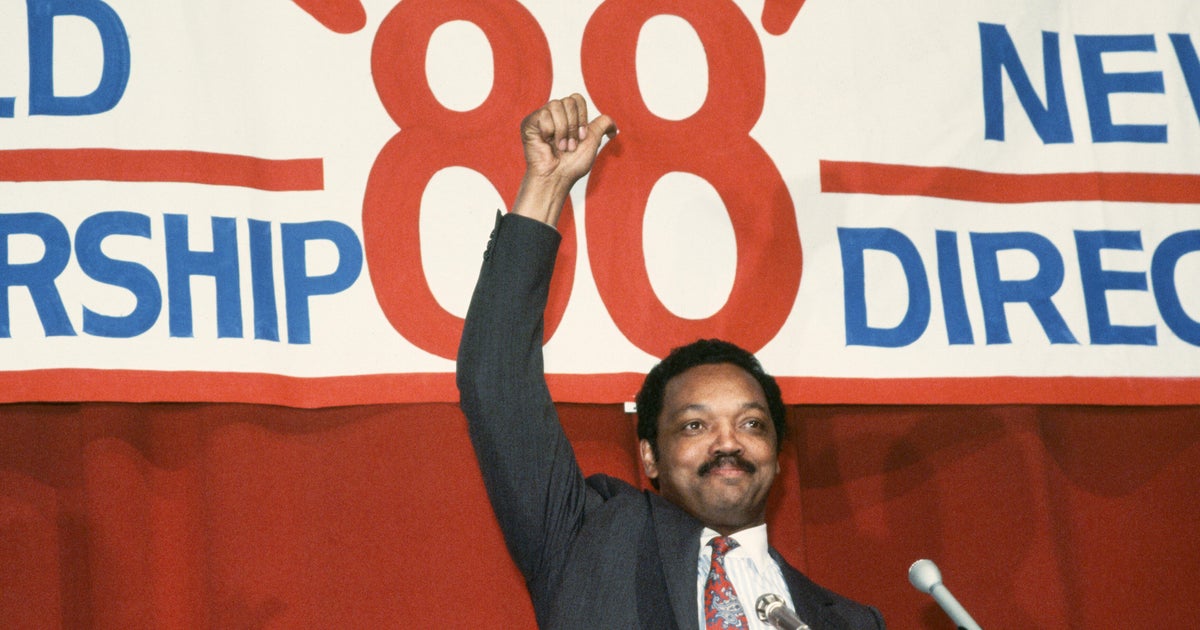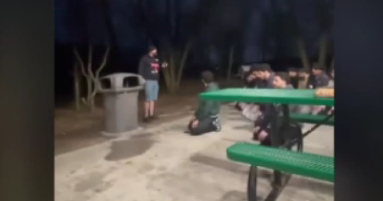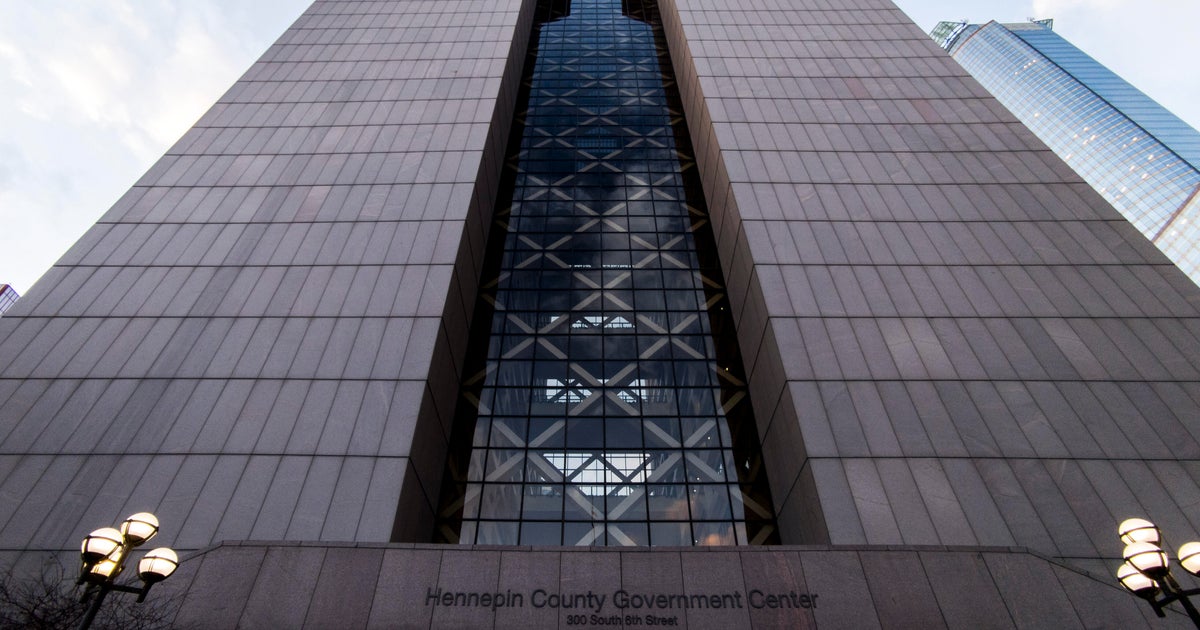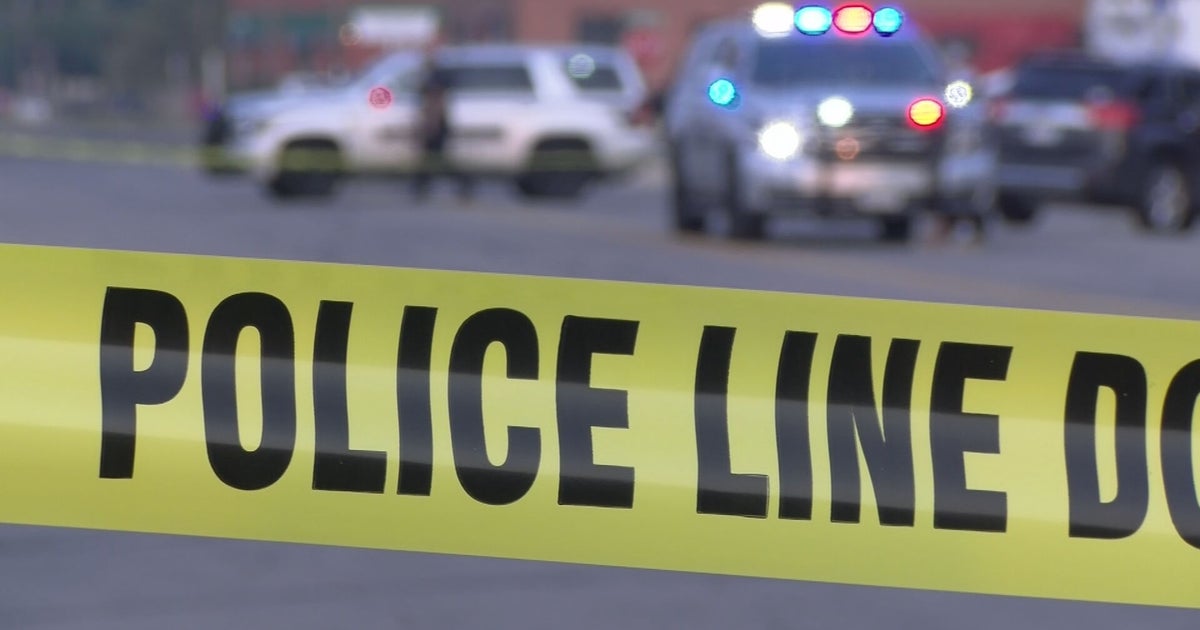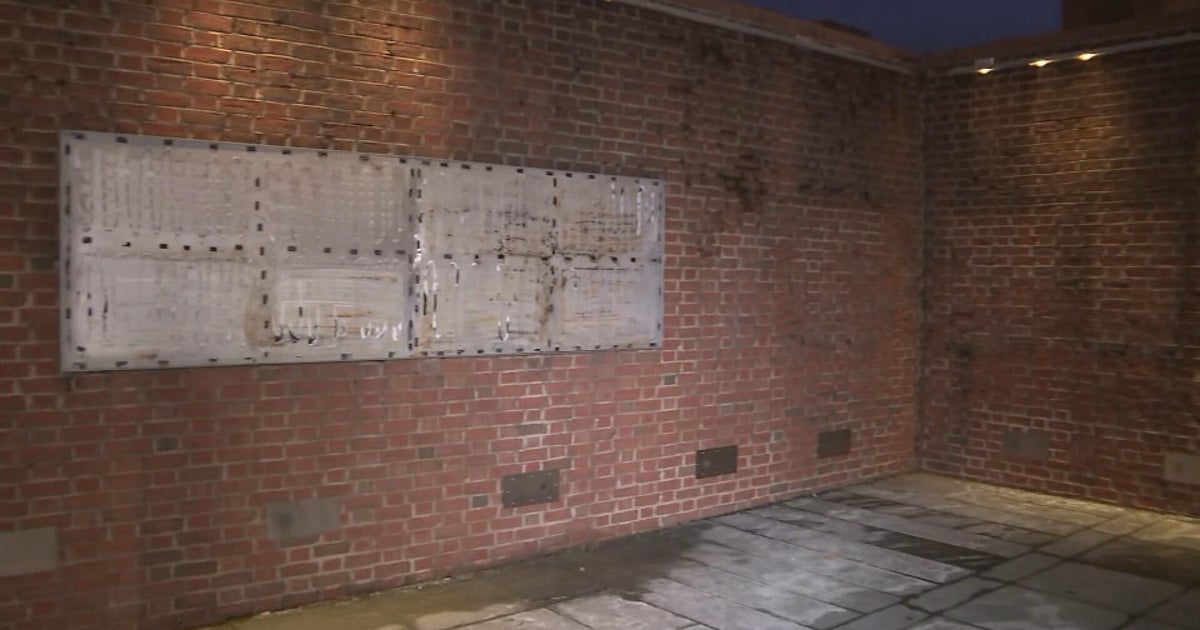Indian Tribe Worries Pipeline Will Disturb Graves
OKLAHOMA CITY (AP) - As President Barack Obama pushes to fast-track an oil pipeline from Oklahoma south to the Gulf Coast, an American Indian tribe that calls the oil hub home worries the route might disrupt sacred sites holding the unmarked graves of their ancestors.
Sac and Fox Nation Chief George Thurman plans to voice his concerns this week in Washington. He said he fears workers placing the 485-mile Keystone XL pipeline that would run from Cushing to refineries on Texas' Gulf Coast could disturb holy ground without consideration of the tribe. He and another tribe member say the pipeline's route travels through areas where unmarked graves are likely buried.
"We've been here 171 years," said Sandra Massey, the Sac and Fox Nation's historic preservation officer. "We've been living and dying here. We are all over."
Obama announced last week in Oklahoma that he was directing federal agencies to expedite the southern segment of the Keystone XL line, removing a critical bottleneck in the country's oil transportation system. The full, 1,700-mile Keystone pipeline, which would run from Canada to the Gulf Coast, became a political flashpoint late last year when congressional Republicans wrote a provision forcing Obama to make a decision, and environmental groups waged a campaign to kill the project. Obama delayed the full project in January.
Shawn Howard, a spokesman for TransCanada, the Calgary-based Keystone pipeline operator, said the company works closely with Indian tribes whenever its operations have a potential impact on their lands. TransCanada has archaeologists and other experts to help identify and avoid areas of concern, he said.
Work stops immediately when artifacts or important materials are discovered, said Terry Cunha, manager of stakeholder relations for Keystone Pipeline System.
"We would then work with the tribe to ensure that the materials are handled properly and that we agree on a plan to move forward before work resumes," Cunha said.
According to a report released by TransCanada, a survey of the project found 70 archaeological sites, 18 individual artifacts and 34 historic structures in the area where the pipeline will be built in Oklahoma. The numbers were first reported by The Oklahoma Daily.
Seven of the sites met criteria to be eligible for the National Register of Historic Places, and TransCanada agreed to bypass six of them, said Oklahoma Historical Society Director Bob Blackburn. The site that will be partially destroyed is a Works Progress Administration drainage ditch built around the 1930s, he said. Details about the other sites and whether any Indian graves were included were not immediately known.
Blackburn said the federal government identified tribes, including the Sac and Fox Nation, that may be affected by the pipeline and asked for input. None of the tribes in Oklahoma corresponded with the Historical Society or indicated there were potential problems, he said.
"Some Indian tribe could have a site they never told anybody was important," Blackburn said. "If it is not entered into our database we may have missed it."
Thurman said he met Obama briefly Thursday near Cushing but he was not given enough time to raise the issue of unmarked graves. He said he was disappointed the pipeline was put on a fast-track without knowing whether sacred sites would lie in its way.
White House regional spokeswoman Caroline Hughes declined to comment and referred questions to the Interior Department.
In a statement, department spokesman Adam Fetcher said all permitting activity on the project will fully comply with the Native American Graves Protection and Repatriation Act.
"If any construction is determined likely to result in the excavation of Native American human remains, the permitting agency will consult with potentially affiliated tribes and tribes recognized as having lands in the project area and complete a plan of action that the agency will take should an encounter with a tribal grave take place," the statement read.
During a recent tour of the nation, Massey said a number of tribal ancestors are buried in marked cemeteries but there are many other unmarked sites. At times, tribal members were buried along creek beds and generations later, it's possible that there are no longer remains at a particular location.
"Even if nothing is left, it's still a sacred site," she said.
The concern over whether the pipeline route could run through sacred Indian grounds has prompted some activists to protest its construction.
"We will walk the whole route, Cushing to the Red River, to make sure they don't destroy an Indian grave," said Fannie Bates, who is of Cherokee descent and from Oklahoma City.
(© Copyright 2012 The Associated Press. All Rights Reserved. This material may not be published, broadcast, rewritten or redistributed.)
Also Check Out:
